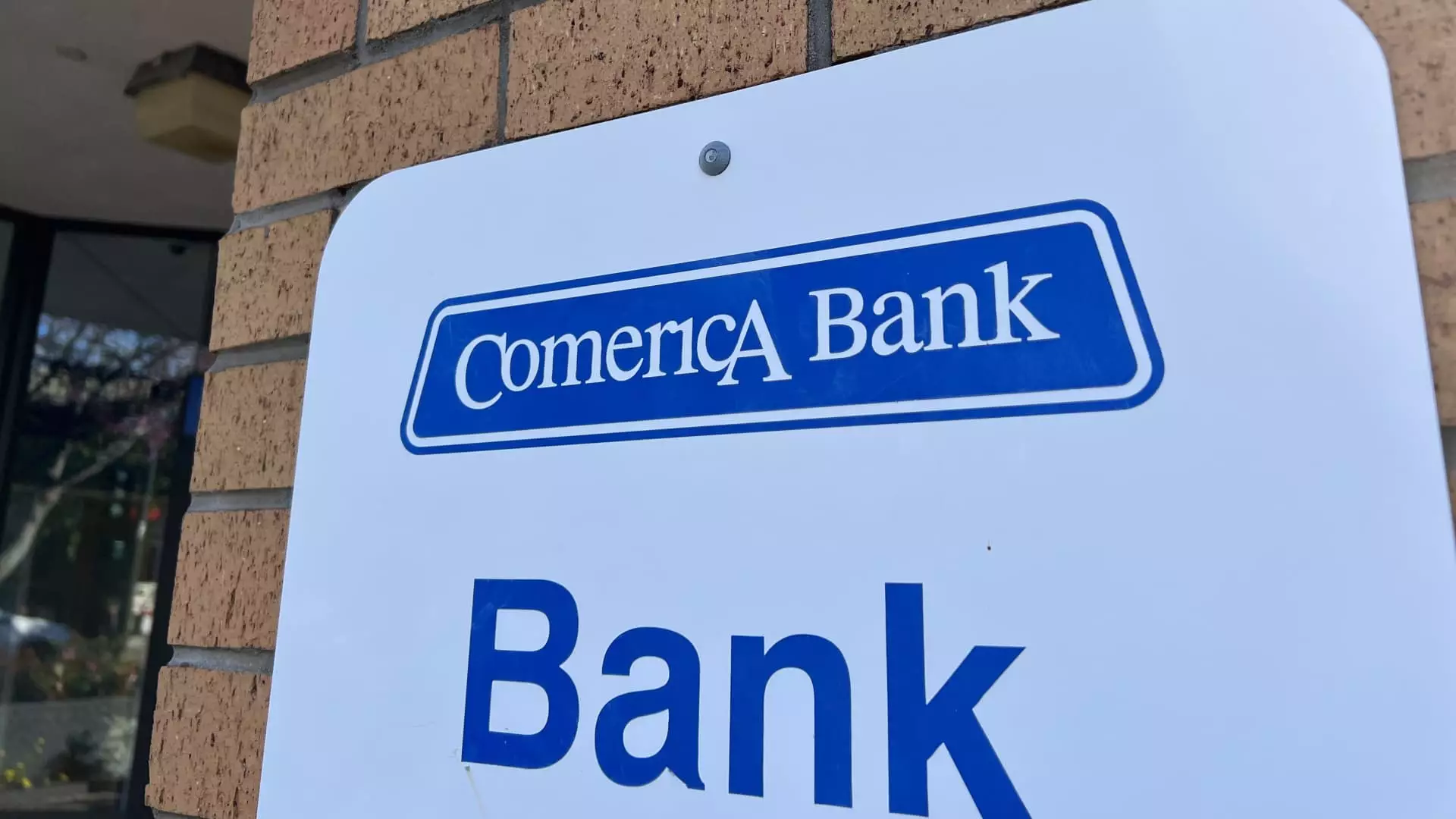The recent complaint filed by the Consumer Financial Protection Bureau (CFPB) against Comerica Bank underscores a significant concern regarding the management of federal benefits through prepaid debit cards. The CFPB accuses the bank of multiple infractions, including the alleged termination of over 24 million customer service calls and the improper collection of ATM fees from over one million cardholders. This situation raises pressing questions about how institutions tasked with handling essential services for vulnerable populations uphold their responsibilities.
The allegations specify that Comerica failed people relying on the Direct Express prepaid debit card program, which is crucial for millions, especially those who are elderly or disabled. Issues such as difficulty reaching customer service amidst claims of disconnection highlight systemic failures in how the bank manages its obligations. The implications of this failure are severe, given that many recipients rely on these benefits for everyday expenses like groceries and transportation.
Comerica’s defense rests on the assertion that it has consistently operated under government oversight, specifically that of the Department of the Treasury. In this context, Comerica argues that its actions were justified and conducted with the necessary approvals. This defense raises critical questions about the levels of accountability and transparency expected from both private entities and public agencies.
The bank’s spokesperson, Louis Mora, emphasized their cooperation with CFPB investigations and lamented that the bureau neglected to consider their context and operational framework. The complexity of the banking relationship with the government suggests a murky line when it comes to accountability. If a bank, under federal direction, mishandles consumer issues, who ultimately bears responsibility?
The fallout from this case could resonate far beyond Comerica’s obligations. The CFPB has a history of addressing similar issues, illustrating a pattern of scrutiny directed at financial institutions that mishandle benefits for vulnerable consumers. For instance, the bureau previously levied a $100 million fine against Bank of America for mishandling unemployment benefits during the pandemic.
This consistent enforcement signals a growing acknowledgment of the unique challenges faced by financially underserved communities. It also emphasizes the importance of consumer rights as a legal foundation for ensuring that vulnerable populations receive the assistance they require without undue corporate malpractice. The ongoing actions by regulatory bodies indicate a commitment to protecting consumer interests, reinforcing the notion that financial institutions must prioritize transparency and ethical conduct.
As this situation unfolds, it catalyzes a dialogue about corporate ethics and consumer protection standards. The outcome of the CFPB’s complaint against Comerica Bank may not only affect the operations of the bank but also reshape how financial institutions approach their roles in managing federal benefits.
This incident serves as a reminder that, while regulations exist, ongoing vigilance and advocacy are necessary to ensure compliance and accountability. It highlights the importance of robust consumer protection mechanisms in safeguarding the well-being of millions who rely on essential services, reinforcing the need for organizations to prioritize their responsibilities over profits, particularly in sectors that serve our most vulnerable citizens.

